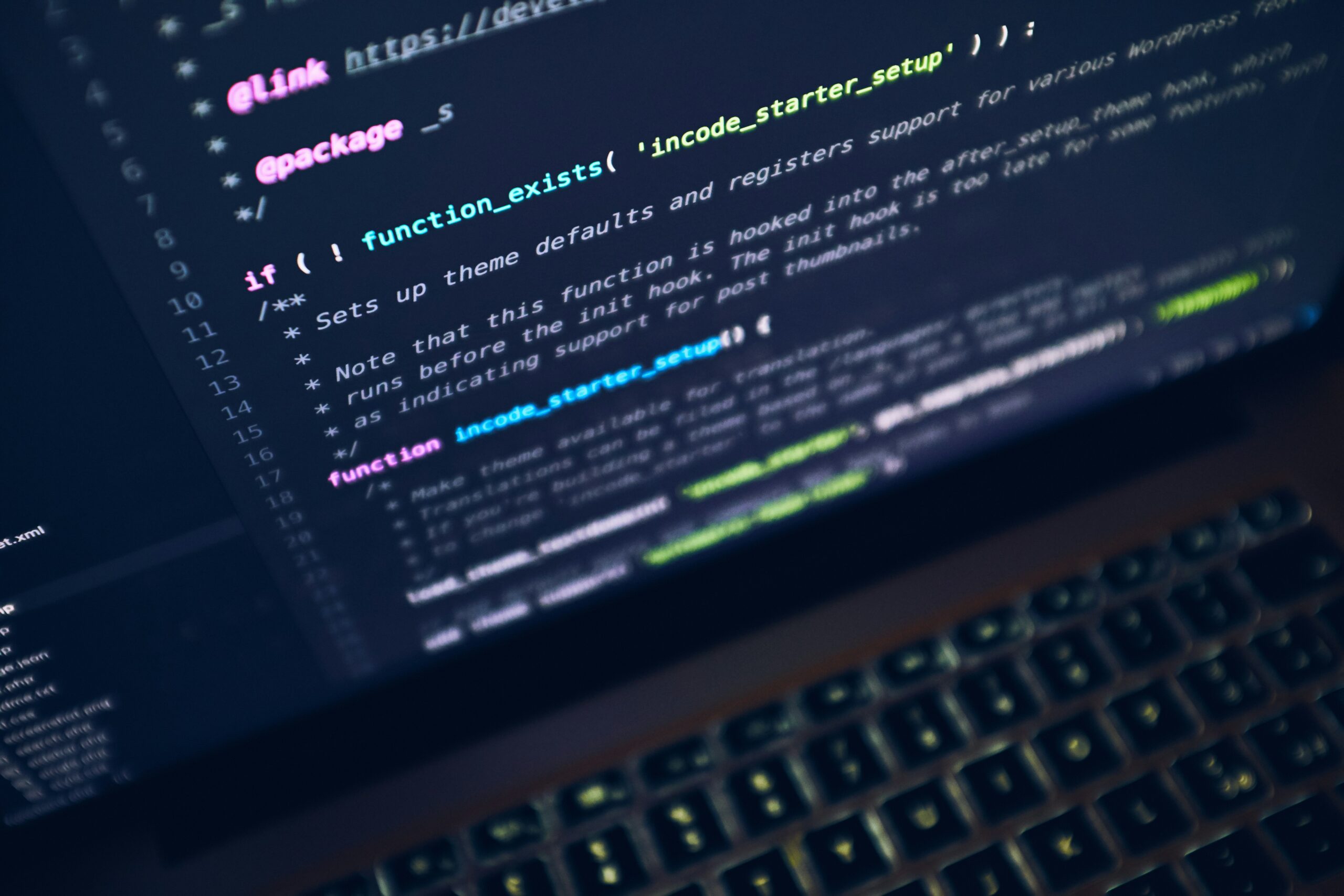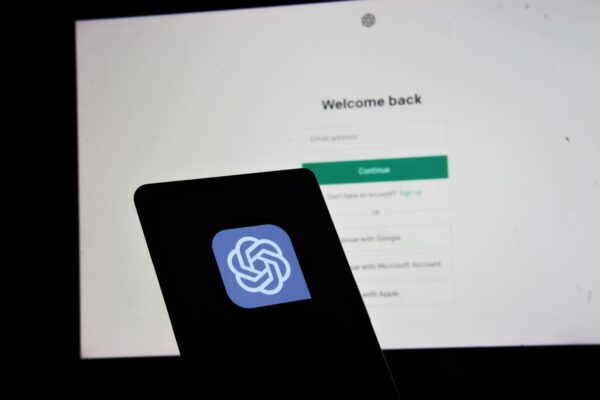Using logic and reason to solve your problems
I know many adults who cannot comprehend the written rules to board games – even simple ones – because they are written in, essentially, computer-speak. They are a series of instructions that dictate how the game should be set up and how it should run. In practice, these same adults can play the games because their actions in-game feel intuitive once the game starts, but would not be able to play without another person present who has played before. They can follow the rules, but they can’t initiate them; they can’t think like a computer using computational and algorithmic thought.
In our discussion of gamifying and coding during class in week 10 of EdTech, I became drawn to the idea of not only taking these ideas into the classroom as tools in and of themselves, but more so about diving into why we might want to use them in the first place. Upon reflection, I was brought all the way to philosophy and the study of thinking, specifically with regards to logic and reasoning, and considered the importance of creating games and functions out of learning. We study logic and its foundations in university (or at least I did when I was pursuing a computer science degree) and spend much time on the value of “if/then” statements, “for each” loops, and other conditional frameworks of thought. In practice these could be applied to the functions of a computer, but they can also be thought of as how things as common as board games, video games, and sports are created. Rules, conditions, and contingency plans must exist for us to interact with any type of artificial concept or object that follows a set of strict orders. If these ideas are so relevant to our lives as both children and adults, why aren’t we teaching Logic and Foundations in grade school?
Limitless Applications
Algorithmic thinking doesn’t just help you to read game rules or understand why your computer is freezing. It can help people ignore preconceived biases about others by assessing people as they are. This is helpful for both teachers and students, as long as everyone is playing by the same rules. If we “programmed” to understand that everyone has their personal experiences, parameters, triggers, and suitable learning environments, we can analyse their behaviour through a somewhat (and I mean somewhat) objective lens. This can not only lead to more positive outcomes for students dealing with struggles in their classroom life, but with taking stock of all students in a class and assessing where learning needs to go next. As human beings, we can fuse our empathetic abilities with our logical ones to help foster growth and success. Asking the question, “what will happen if I do this?” can help everyone navigate many different situations in life, from the sticky to the sweet. We can start by thinking a little bit more like computers do: using algorithms and logic.




